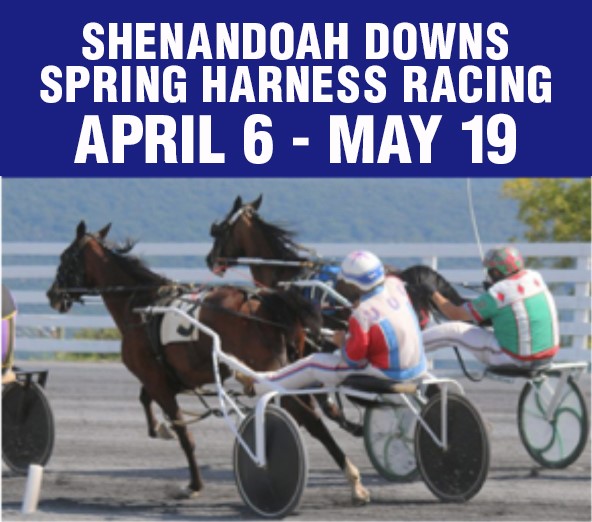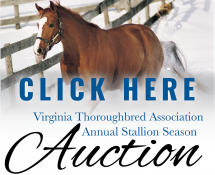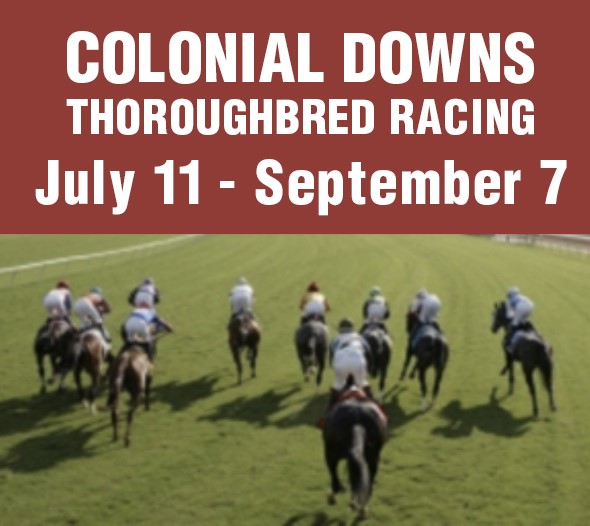Frank Petramalo, longtime Executive Director of the Virginia HBPA, announced he will be retiring at the end of the year. He will be replaced by Glen Berman who served as Illinois Thoroughbred Horsemen’s Director and General Counsel from 2009-2016 and most recently, as head of the Florida HBPA.
Petramalo served on Virginia’s HBPA Board from 2001-2005 and took over as Executive Director in his final year. A native of Rochester, New York, he was introduced to racing at a young age betting harness races at nearby Batavia Downs. “Everyone in the neighborhood was crazy about playing races there,” he said. “I remember winning my first daily double on a 5-5 combination that paid $18 and was hooked instantly.”
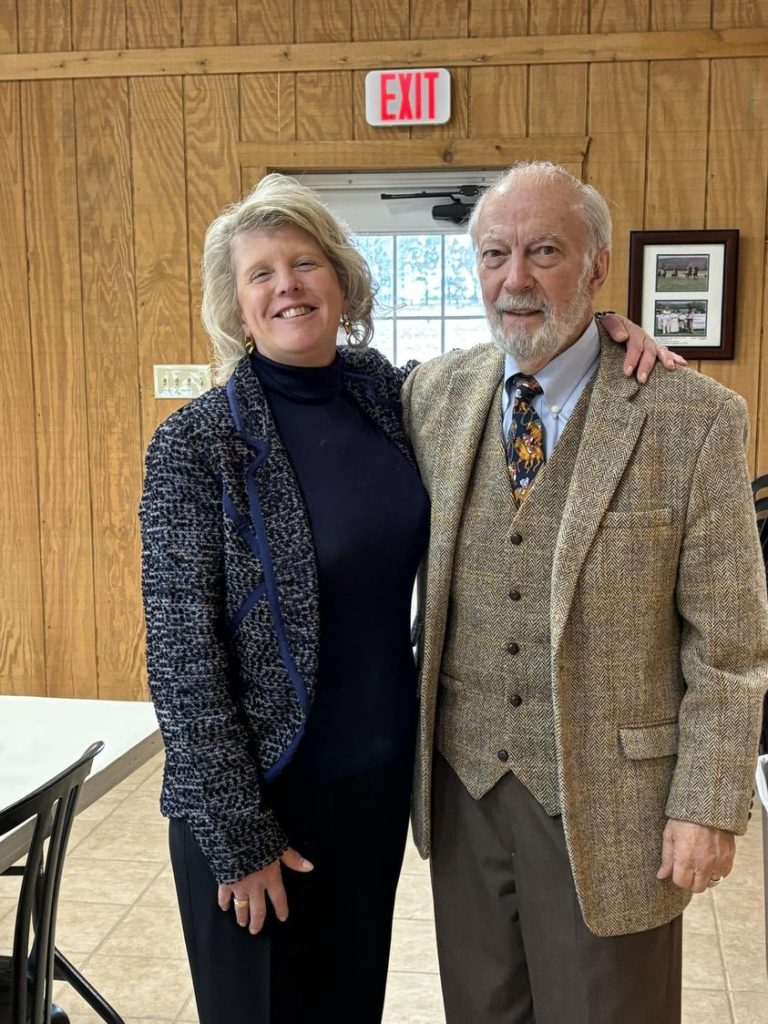
Petramalo bought his first horse in 1995 from Virginia horsewoman Diana McClure and they turned it into a steeplechaser. McClure acquired the horse from Billy Turner, who was trainer of the legendary Seattle Slew. Petramalo has owned jump horses ever since.
Highlights from Petramalo’s HBPA stint read like a history of Virginia racing. He played a lead role in many accomplishments and victories. Included in the lengthy list: Ensuring that a percent of a track’s live race signal sales are directed to horsemen, legalizing Advance Deposit Wagering (ADW) in Virginia, increasing the number of OTBs that Colonial Downs can operate from six to ten, increasing the percent of ADW handle that goes to the track and horsemen, formation of the Virginia Equine Alliance (VEA), legislating a source market fee that helps fund the VEA and enabled it to open four OTBs while Colonial Downs was shuttered, and to enact legislation that allows Historical Horse Racing (HHR) in the state — which led to the reopening of Colonial in 2019 and a new era of higher purse levels and quality racing.
“Virginia racing had always been small on the radar screen,” said Petramalo. “The most we ever raced in New Kent was a 45-day meet in 2008 which took place over nine weeks. The HBPA got involved in some cutting edge and very interesting stuff over the past couple decades though. In 2001, the horsemen had a contract with Colonial and weren’t getting a dime on the sale of the Colonial simulcast signal. They needed horsemen’s approval to race so in 2002, we negotiated a deal and for the first time, horsemen got 50% of host fees.”
“The HBPA got involved in lobbying and was very successful. In cooperation with the track, increasing the amount of OTBs to ten was huge,” he added. “Keep in mind these were the old days and financing purses came from year-round wagering at the OTBs. We worked a partnership agreement with Colonial and from that, set up a matrix to determine the number of live race days each year. We set a daily purse goal of $200,000 a day and based on how much was in the purse account, figured out how many days we could run.”
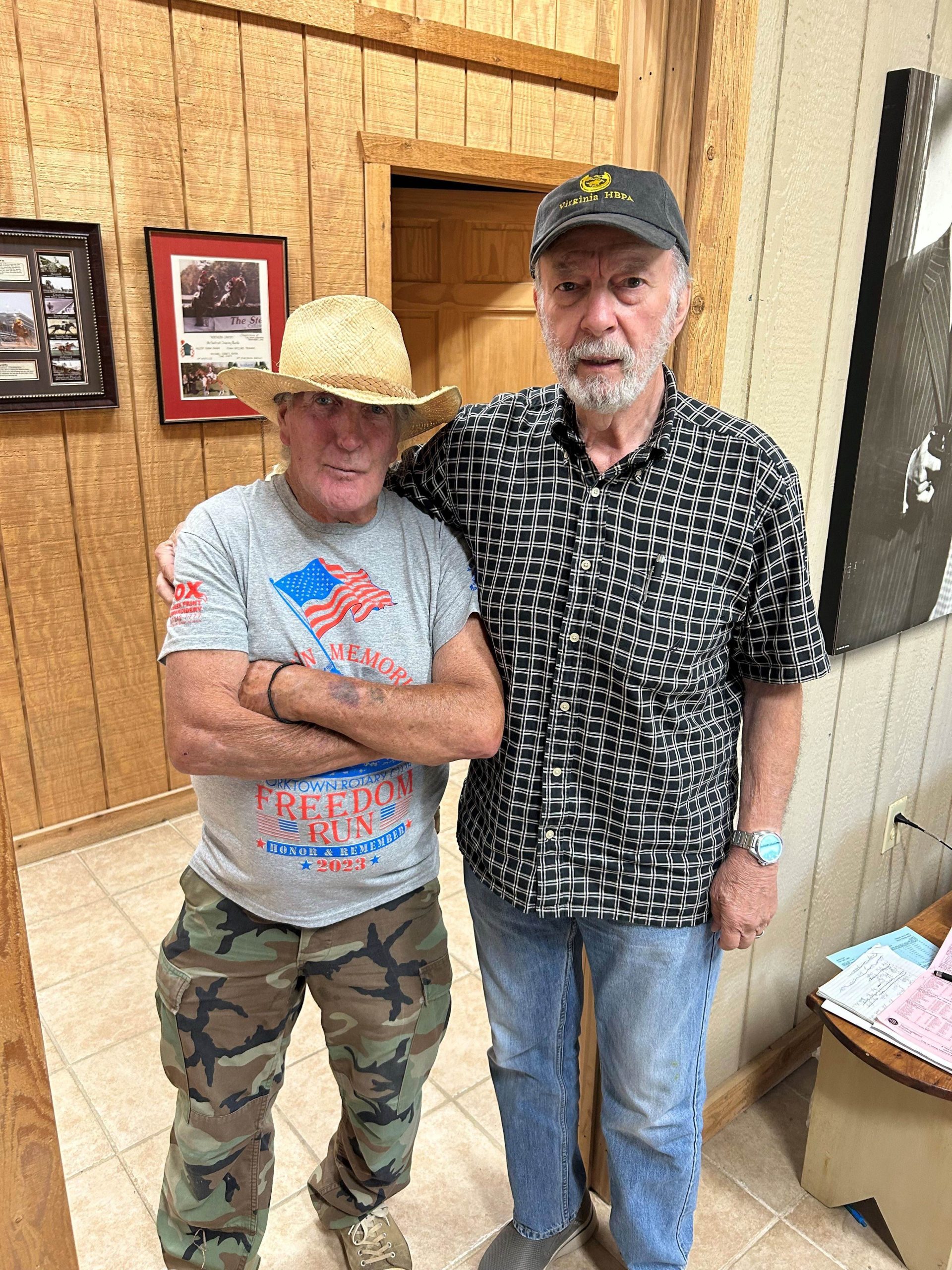
The formation of VEA in 2015 was key to bringing racing back to Virginia. “That was solely Debbie Easter’s idea,” said Petramalo. “We put together a horsemen’s organization after Colonial shut down and moved forward as a non-profit corporation. We developed a four-way partnership and went back to the legislature to propose that the five percent source market fee of wagers that went to Colonial should go to the VEA. It became a direct funding mechanism and has worked out great. The VEA opened up OTBs as a result which was totally unprecedented.”
Later that year, the VEA ran a harness meet in Nelson County (south of Charlottesville) and in 2016, opened Shenandoah Downs in Woodstock which begins its ninth season of standardbred racing on April 6. In 2017, Larry Lucas, who had been Board Chairman of Youbet.com, met with Petramalo and Stephanie Nixon about his group’s desire to buy Colonial Downs. In order to move forward, they needed to get legislation in place that allowed HHR. He asked the HBPA to support the cause.
“We worked closely with Larry’s people and lo and behold, legislation was enacted to enable HHR. We negotiated a revenue sharing agreement and the VEA’s four member groups share in the HHR revenue. Nobody expected HHR to be as lucrative as it has turned out to be.”
This year, over $4 billion will be wagered on 2,790 HHR terminals in play at seven Rosie’s Gaming Emporium locations acrosss the state.
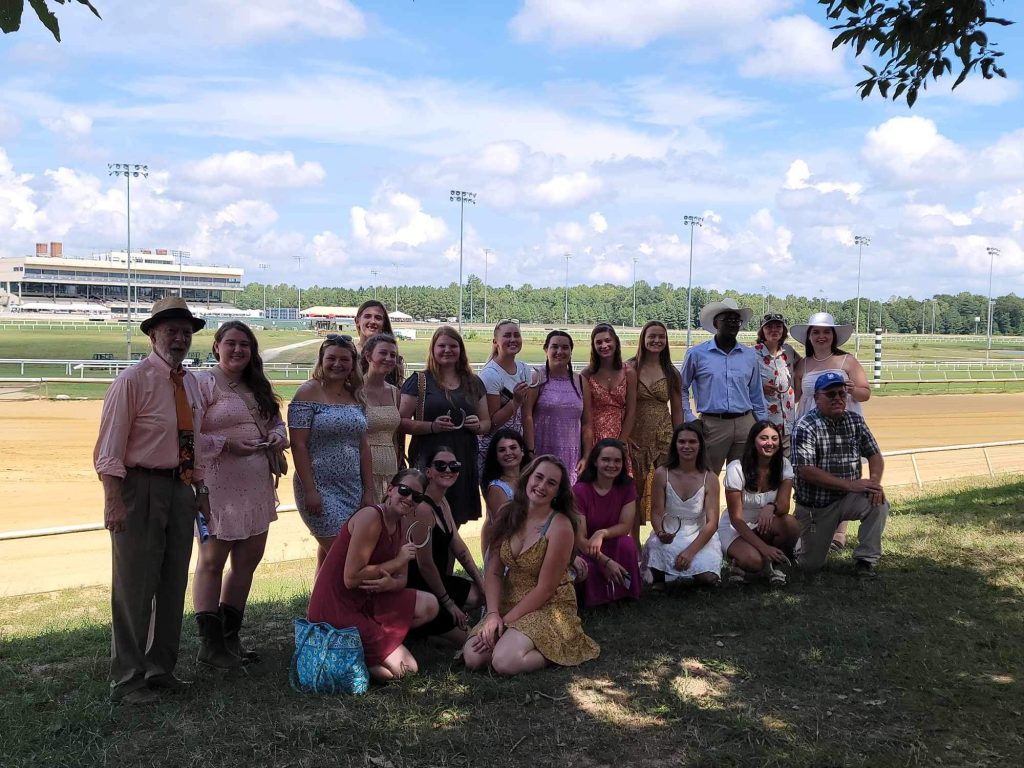
“We started out at purse levels of $200,000 a day and with the HHR revenue sharing agreement, were over $690,000 a day this year. We paid out $18.7 million in purses in 2023 and 75% of that came from HHR revenue. The trajectory is going forward and upwards.”
Petramalo hands the torch off to Berman on January 1 and leaves the industry in an enviable spot. “I think it’s a nice position to be in. Virginia is one of the few states where racing’s future looks pretty good as far as increasing days and purses. Glen should be a perfect fit here. Where else can you have an opportunity to do something positive versus handling damage control.”
There will be challenges to tackle in the near future, mainly in the expansion of gaming. “That is something I never expected,” said Petramalo. “When I came to Virginia you couldn’t shop on Sundays, but things change of course. The state put its foot in the water with HHR followed by sports gambling, fantasy games and casinos. There are currently four casinos being built with a fifth one coming at some point. Legislation is pending to allow grey machines to come back to the extent they will be taxed and regulated. They are a huge competitor for us. We’ll all be keeping our fingers crossed that HHR continues to sustain itself and can compete with other forms of gaming.”
Petramalo said he will miss working with various Boards to help better the racing business. “I served under two HBPA presidents — Robin Richards and David Ross — and a number of Board members like Donna Dennehy, Jill Gordon-Moore and Susie Chatfield-Taylor who are all very good and very smart people. Same with the other HBPA Board members that have been there for a long time. It’s been a real pleasure to have worked with them. It’s a group of horsemen so you’ll always hear different opinions, but they made working there a lot of fun.”
Asked if he’ll miss being involved in racing on a day-to-day basis, Petramalo admitted that he will. “During the meet, I spend most of my time on the backstretch. The time between 6 and 10 AM on the backside is the most enjoyable part of the racing experience. There are a lot of characters working back there that make the day fun and interesting. There is great satisfaction in being able to help grooms. The people there work seven days a week and the pay is pretty low. We provided medical, dental and optical care for folks back there. Dental care was very important – we spent $45,000 last year in dental bills alone. Satisfaction comes from helping folks who could really benefit,” he added. “They are pleased as punch that you are helping them. They are very nice people. The part I won’t miss though is being away from home in New Kent for three solid months and coming home only on Sundays.”



